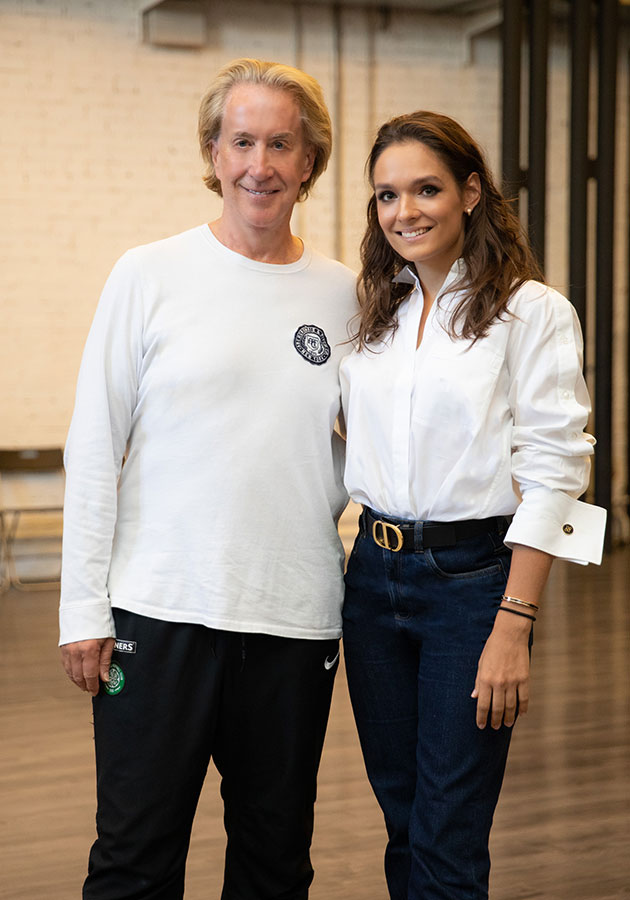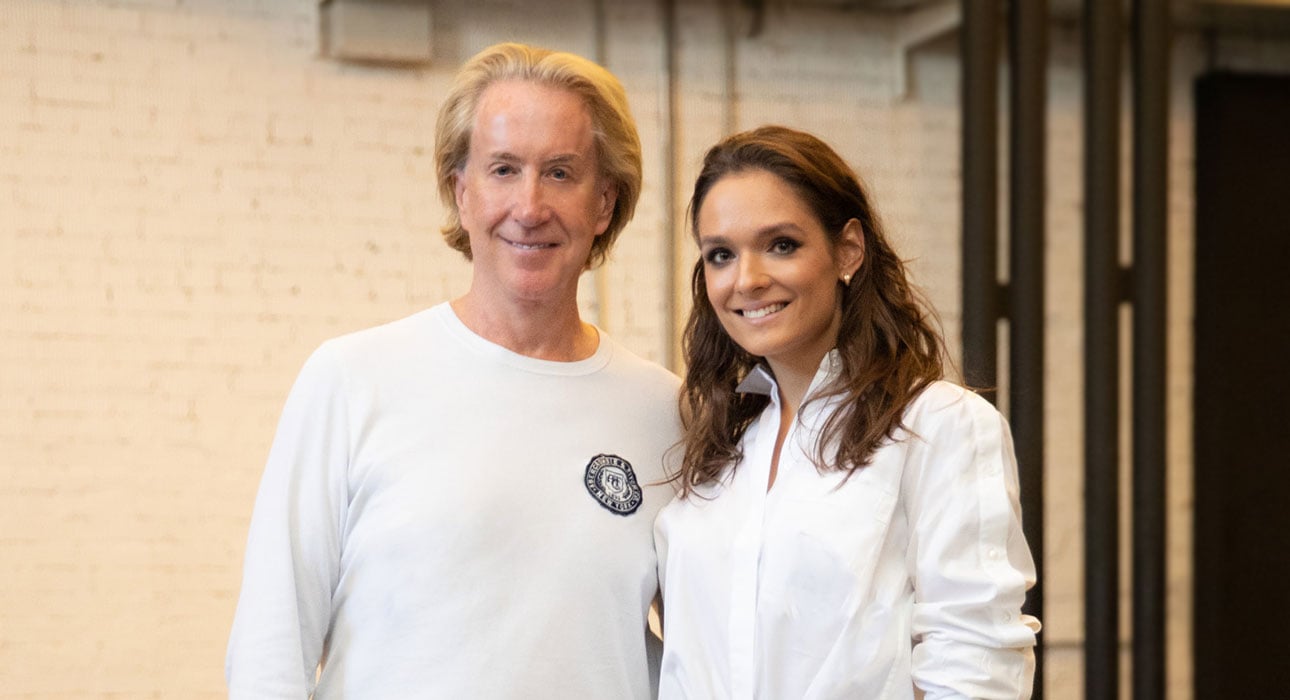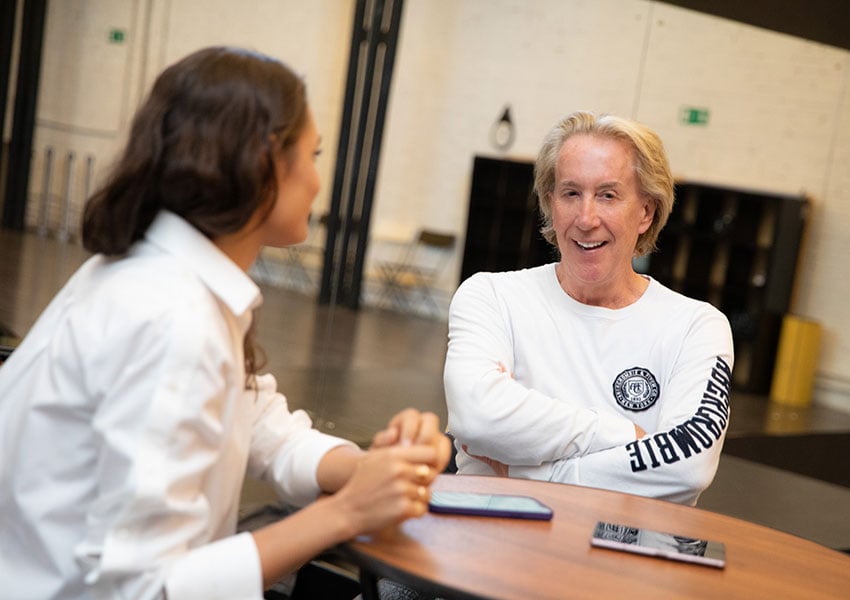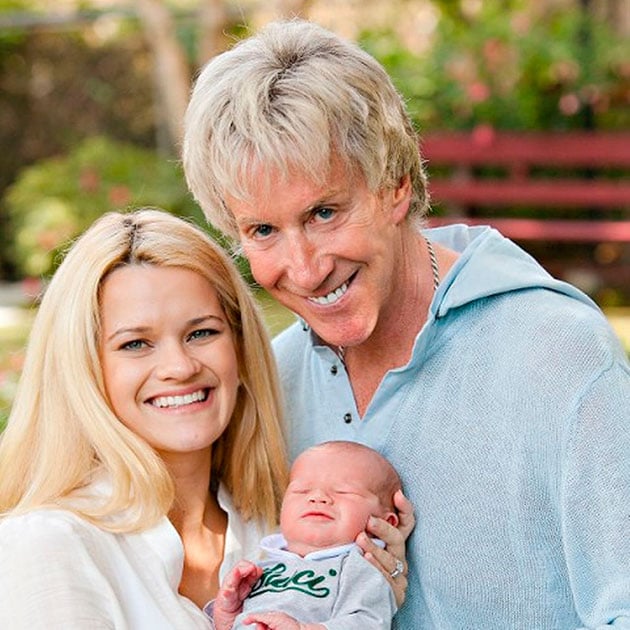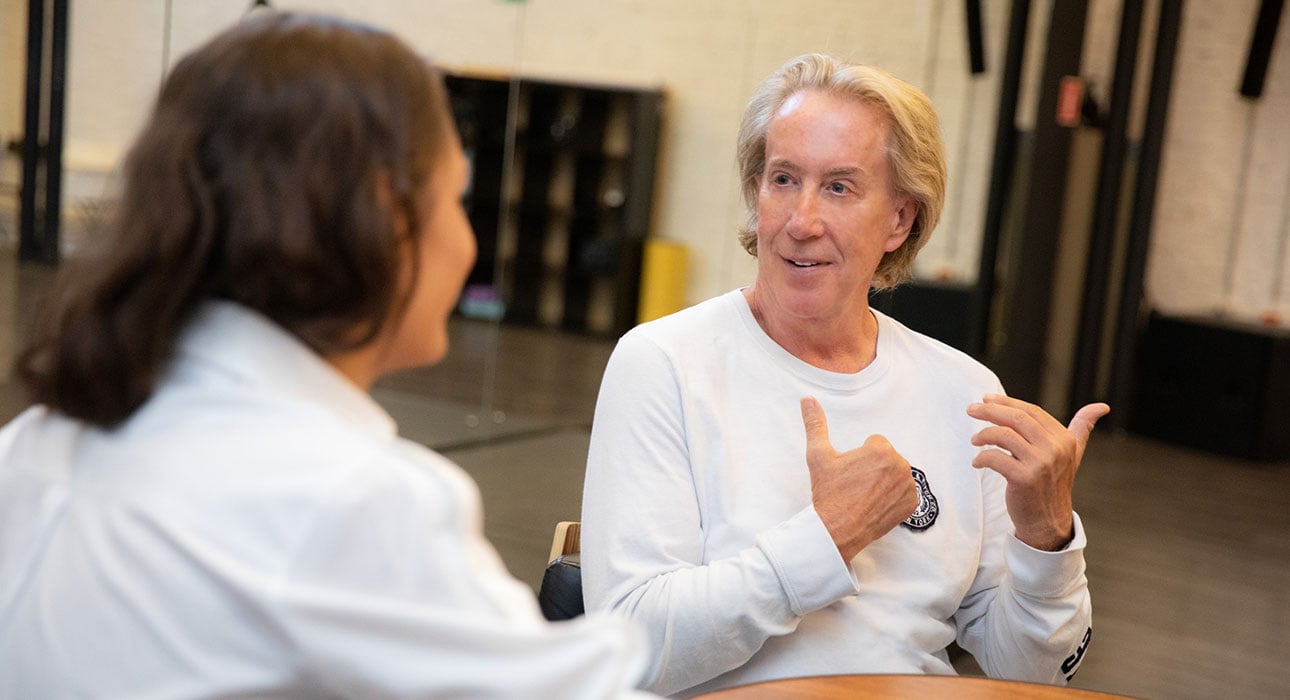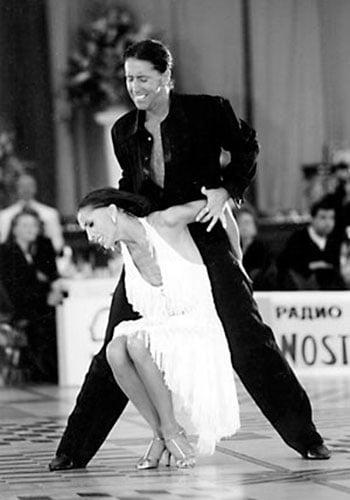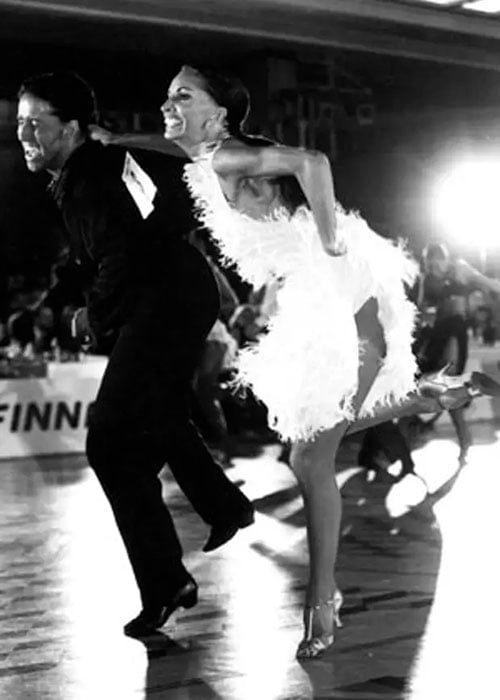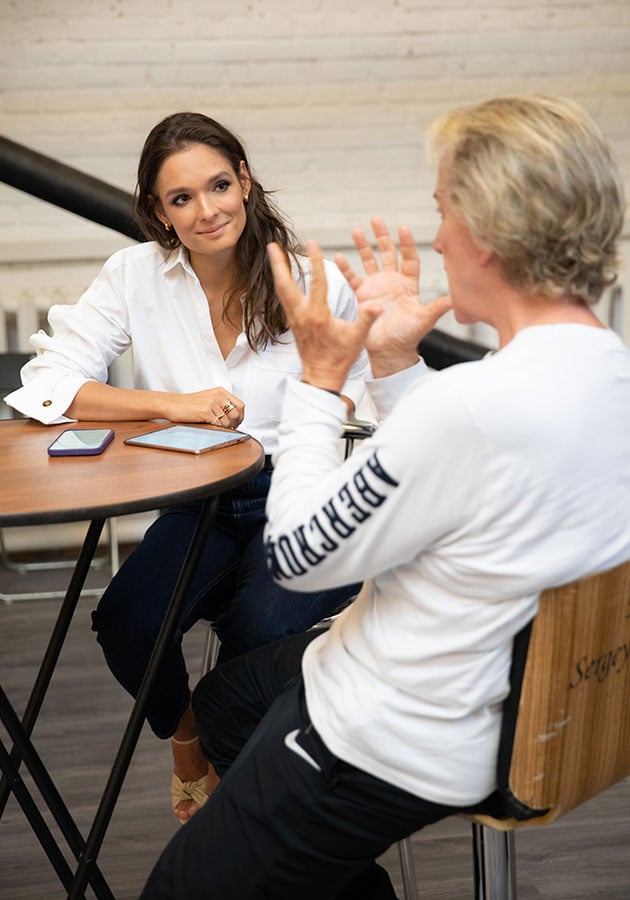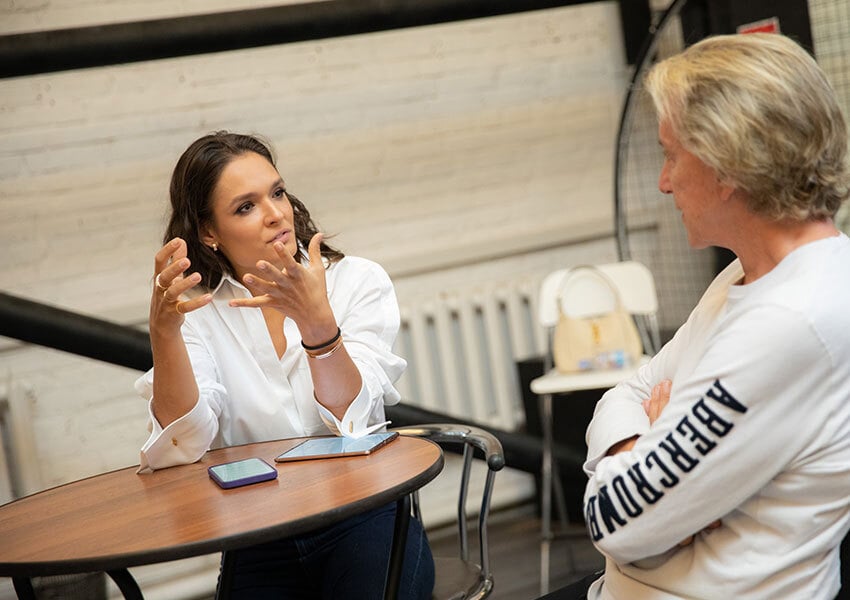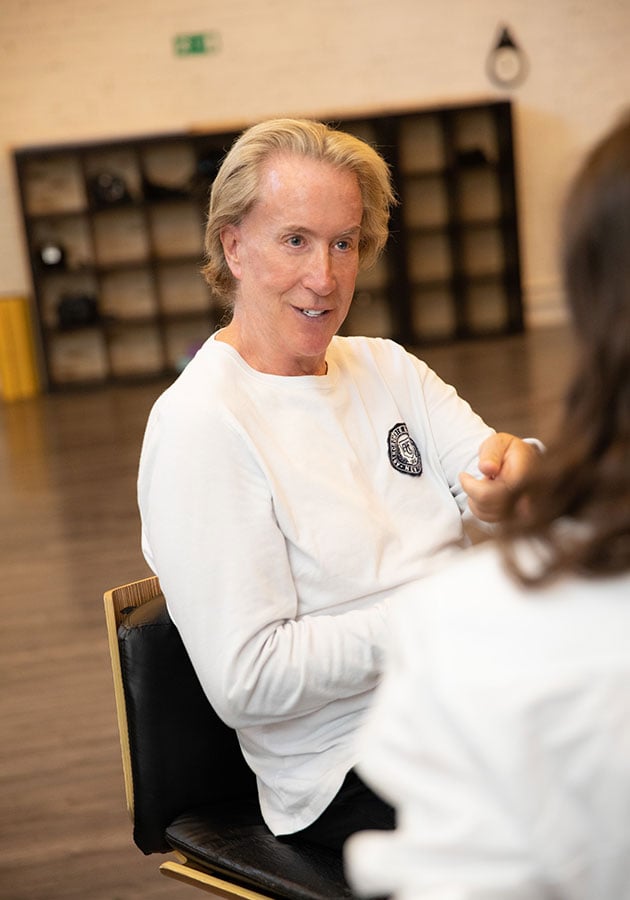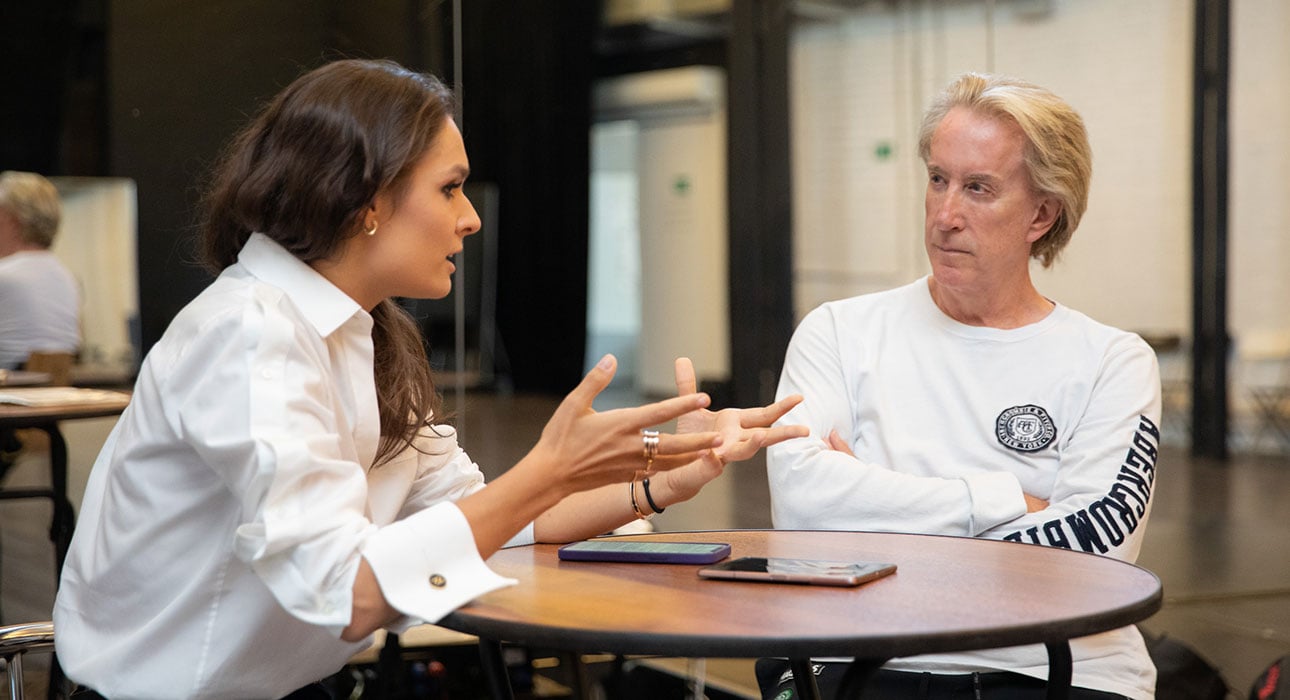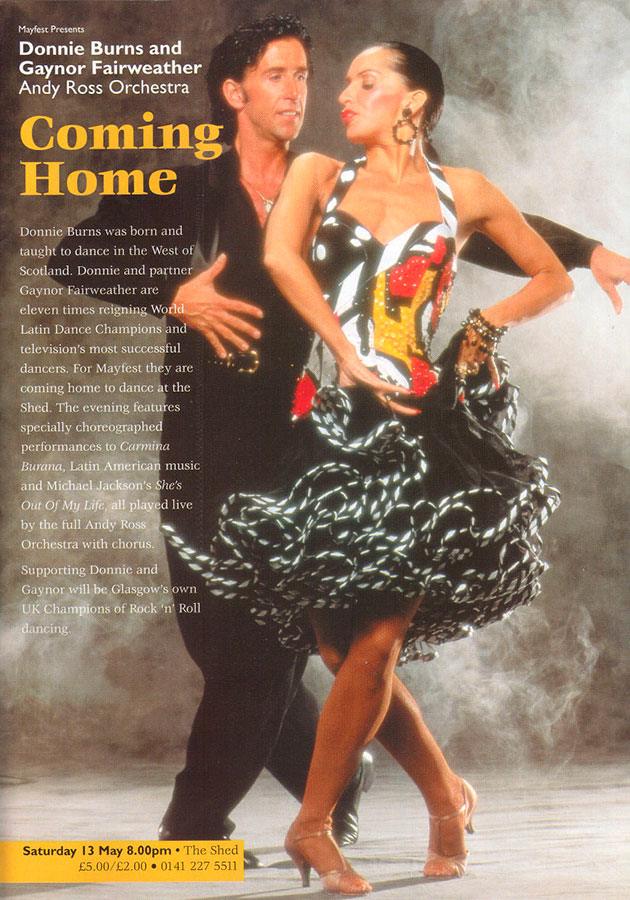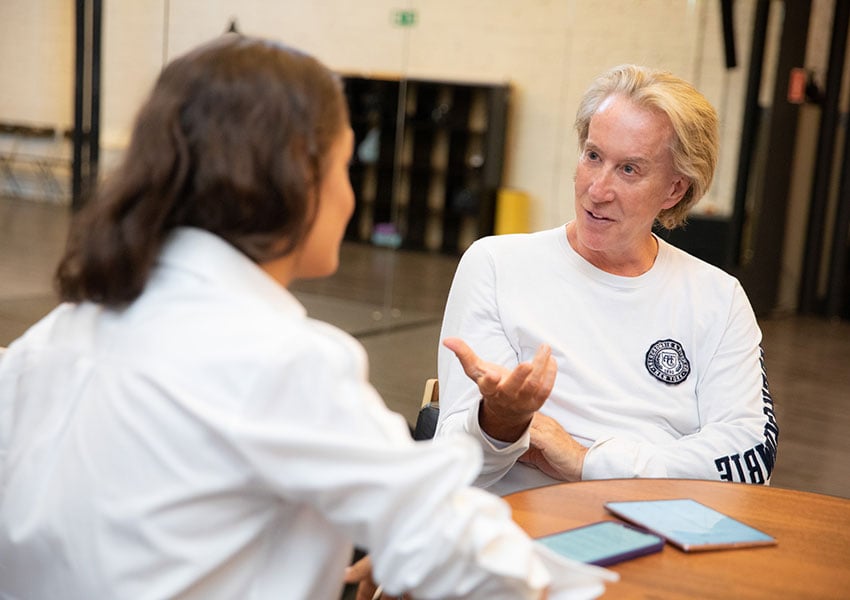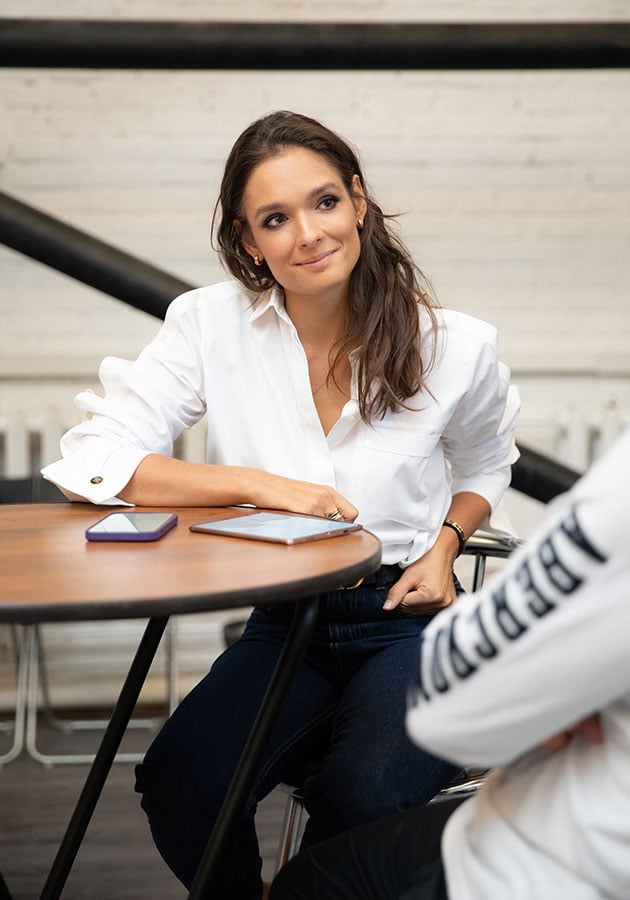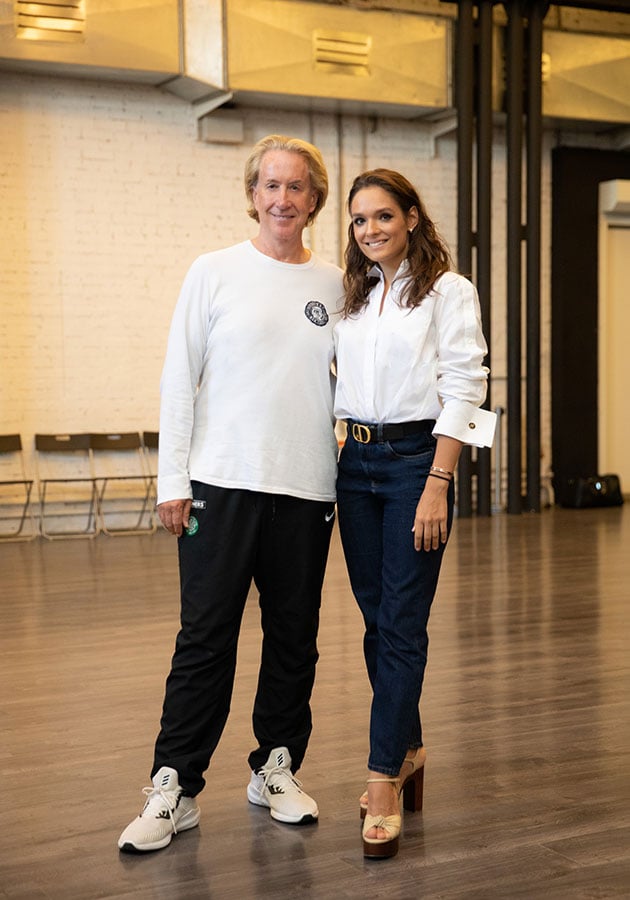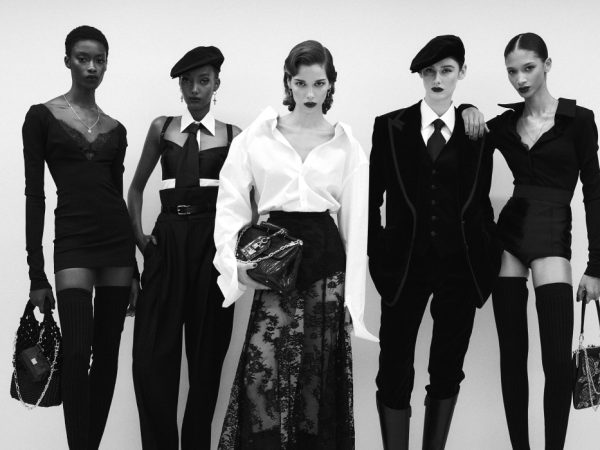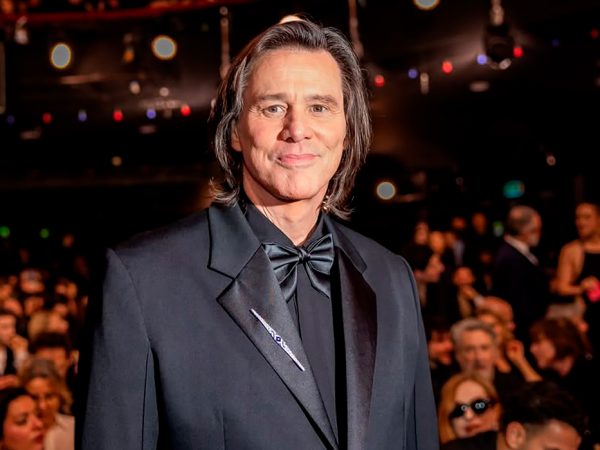— What in your opinion distinguishes Russian dancers from dancers of other nationalities?
— When I first started coming to Moscow in the time of the Soviet Union, people who were outside Russia had this concept of the Russian dancers as being very disciplined, rigorously military disciplined. I however didn’t find them that disciplined in those days. I just found them to be talented. In some ways today, I think they are more disciplined. They are very quick to gain the momentum and, ‘go like rockets’.
— With the new approach to education which includes: empathizing with children and listening attentively to them instead of being too strict; do you think it is possible to raise real athletes in this way if you do not push them to maximize their full potential?
— I used to just tell children what to do, but now I ask them more questions. I allow them to feel that they have navigated themselves to their conclusion. In the past, I used to just present things, ‘with a spoon’. It was a natural process within me. On the other hand, now I like to just try and manipulate their mentality and their thought process to get to the conclusion.
— As a Scottish man, what national traits would you highlight that have helped or hindered you in sports?
— First, never ever give up even if you are lying on the floor and you think you are dying, don’t give up. Though I was not close to my father like I was to my mother, he gave me a mentality. He was very clever. When I was leaving Scotland to go to England, I was 19 years old; he said to me that he wanted to give me some advice. He asked me if I wanted it and I told him no thanks, but he gave me it anyways which made me roll my eyes. He told me when I get my dance teachers there will be different ones and whatever they tell me, I should never be afraid. Do not hesitate to ask why. He went on further to say that one day most teachers will tell you something rude out of anger —that’s when I will know that I have reached the end of their knowledge. For me, those two things combined, the determination beyond common sense is just like requisites together. It’s like keep your head down and just keep going. I thank my dad very much.
— Healthy lifestyle trends have turned dancing into a leisurely fitness routine: many learn to dance just to keep in good shape — and for fun. What dances do you think are the most suitable for such varied needs?
— We do both in the gym, we workout and we dance. But lets take into consideration the feel-good factor when you are finished dancing. When you go in the gym, you burn the calories, but with dancing it is a different feel good factor. It is a deeper factor, you have moved to music, you have expressed yourself, in burning the calories. Many times it is with a member of the opposite sex, with your lover, with your partner which is a much greater feel good factor. Research recently in the States has shown that to delay or to prevent Alzheimers and dementia because of the spacial relationship of dancing, it is in the top three things to do. Some health insurance companies now in America are thinking to connect with dancing: they believe that if people are members of a dance club or do dancing, their premiums get a discount.
